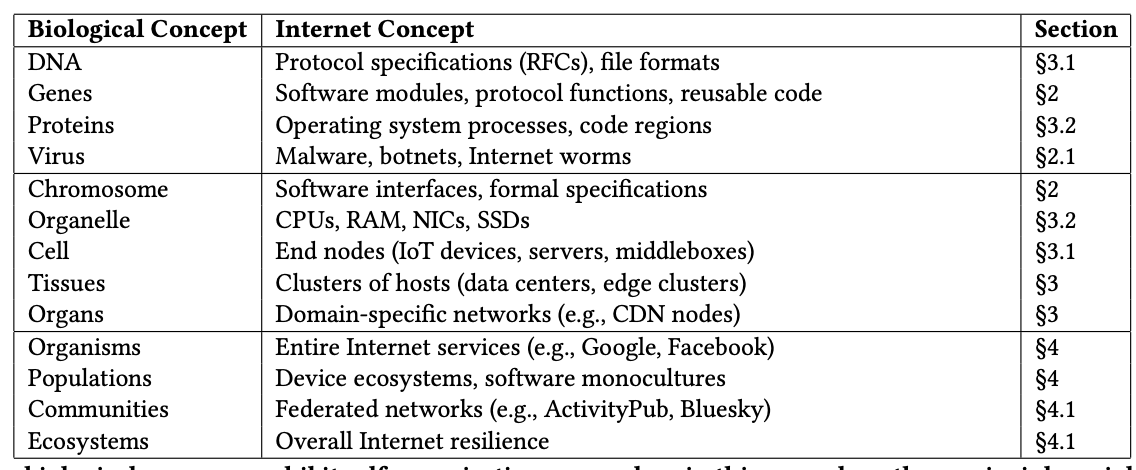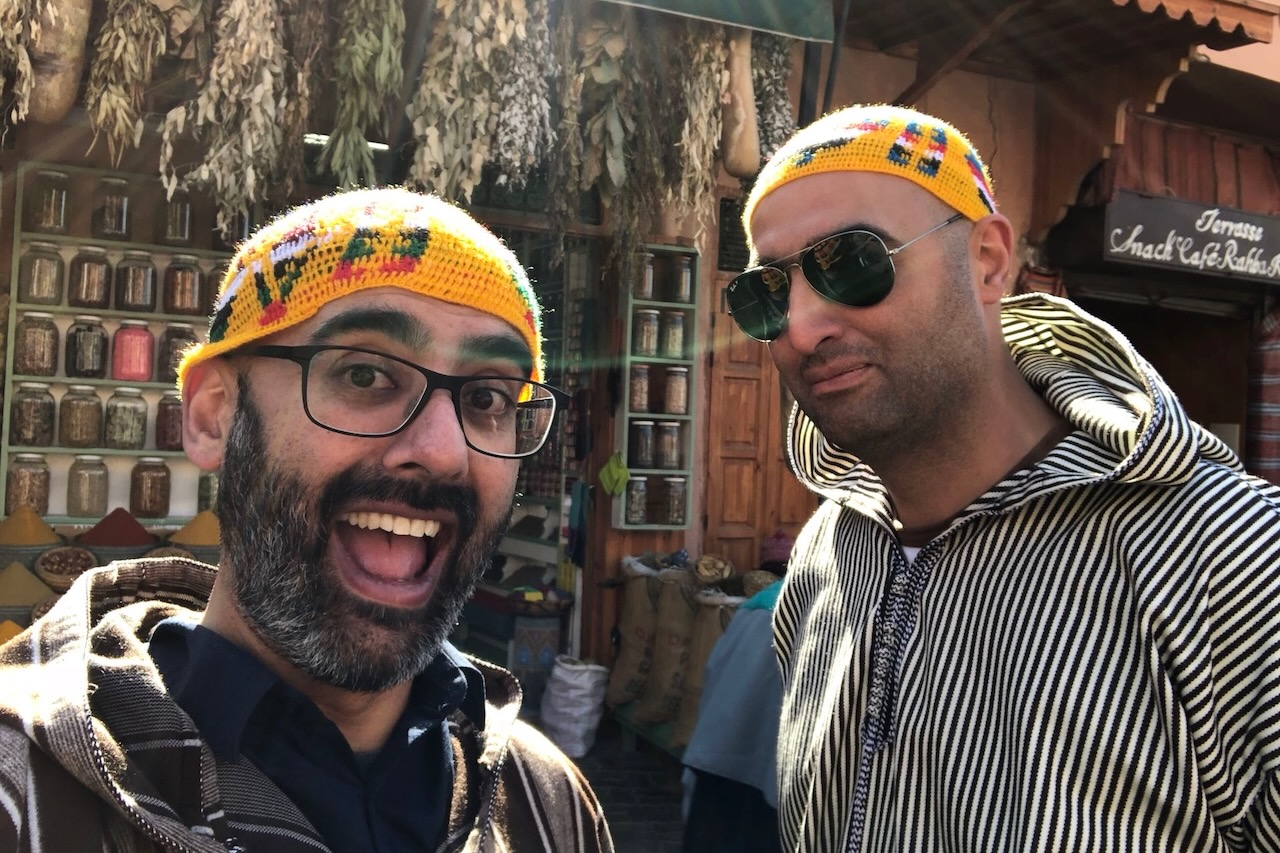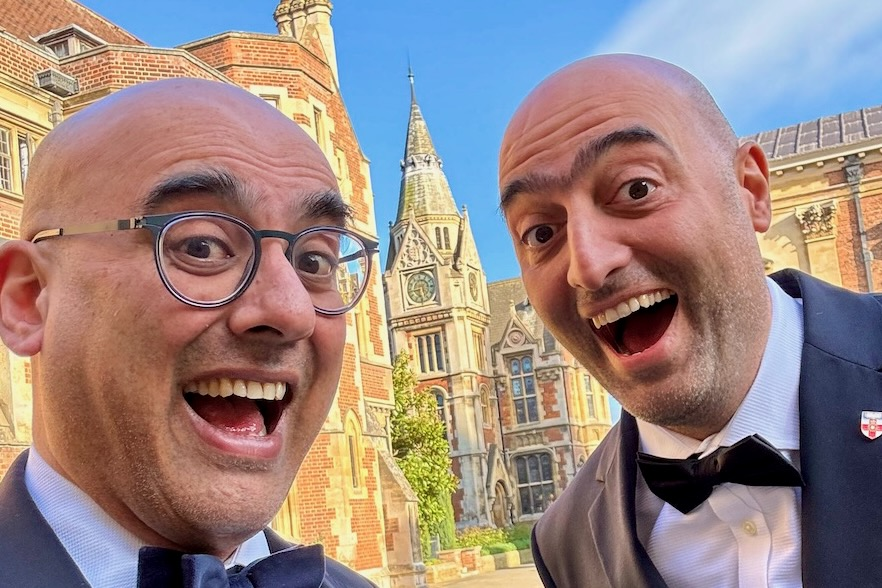Every ten years, the city of Aarhus throws a giant conference to discuss new agendas for critical action and theory in computing. Back in 2016, Hamed Haddadi, Jon Crowcroft and I posited the idea of personal data stores, a topic that is just now becoming hot due to agentic AI. Well, time flies, and I'm pleased to report that our second dicennial thought experiment on "Steps towards an Ecology for the Internet" will appear at the 2025 edition of Aarhus this August!
This time around, we projected our imaginations forward a decade to imagine an optimistic future for the Internet, when it has exceeded a trillion nodes. After deciding in the pub that this many nodes was too many for us to handle, we turned to our newfound buddies in #conservation to get inspiration from nature. We asked Sam Reynolds, Alec Christie, David Coomes and Bill Sutherland first year undergraduate questions about how natural ecosystems operate across all levels of scale: from DNA through to cells through to whole populations. We spent hours discussing the strange correspondences between the seeming chaos in the low-level interactions between cells through to the extraordinary emergent discipline through which biological development typically takes place.
Then, going back to the computer scientists in our group and more widely (like Cyrus Omar who I ran into at Bellairs), it turns out that this fosters some really wild ideas for how the Internet itself could evolve into the future. We could adopti biological process models within the heart of the end-to-end principle that has driven the Internet architecture for decades!

The ideas we sketch out in the paper were indeed quite crazy a year ago. We float the idea of "antibotty" networks that adopt the same command-and-control software as malicious botnets, except to patch our local community's networks and proactively protect them from roving viruses. We discuss how we might automatically modify the source code of our open source software stacks to introduce diversity into operating system kernels that have become homogenous due to the runaway success of Linux. We wonder if mutualism is the only eventual steady state of Internet communities, with the existing extractive surveillance economy just a blip that is collapsing under the weight of its own unfitness.
While these were fantastical ideas, we are already seeing the techniques to make them real (and more). AI-driven Agentic programming is now a regular part of my toolbox, and sophisticated code sandboxing like CHERI, FIDES and Deluminator can enforce fine-grained containment throughout the software stack, with techniques like unikernels driving whole-stack changes. And when it comes to imagining a future of Internet community, others like Maria Farrel and Robin Berjon have written wonderfully inspiring pieces on [the need to rewild the Internet] that are starting a chorus about the need for change and #selfhosting.
Nature is unstoppable in its ferocity and desire to eat the unfit, and the combination of artificial and natural life may be just what we need to bring the Internet back to mutualistic stability into the coming decade. Your own thoughts and reactions on our paper are extremely welcome ahead of Aarhus in August! I am sweating at the thought of presenting this work in a coherent way as the paper reads as wildly as you might imagine. I am, however, confident in my excitement and gratitude for having the chance to think about the problem in a more interdisciplinary and longer-term way, and that this is just the start of a line of thinking that may mutate into something special.


Read more about Steps towards an Ecology for the Internet.
